On March 21, 2022, the U.S. Secretary of State recognised the 2017 killings of Rohingya Muslims as a genocide led by the Myanmar armed forces, the Tatmadaw. Did Facebook’s reluctance to hire Burmese-speaking administrators contribute to the displacement of over 700,000 and the killing of up to 43,000 Rohingya Muslims? In 2021, Myanmar once again witnessed a military coup led by Senior General Min Aung Hlaing and other military leaders, contributing to one of history’s longest-running civil wars and halting all efforts towards democratic reform in Myanmar.
Brief History of the Tatmadaw
On February 1st, 2021, the Tatmadaw, led by Senior General Min Aung Hlaing, overthrew the National League for Democracy (NLD). Its leader, Aung San Suu Kyi, was arrested along with other officials, dismantling the NLD. The Junta claimed that the vote was rigged and took full control of the government. Historically, the Tatmadaw has had control of almost all government responsibilities. Tatmadaw’s authoritarian rule had been somewhat halted since the 2015 elections, but as of 2021, they are back in total control of the government of Myanmar.
The NLD leader, Aung San Suu Kyi, is a prominent politician in Myanmar who won a Nobel Peace Prize in her efforts to bring democracy to Myanmar. She is also accredited for bringing Myanmar’s first free and fair election in decades. In 2016, she assumed the position of state counsellor. However, she fell into controversy when she failed to speak out against the Tatmadaw’s actions against the Rohingya people. Since the coup, she has remained under house arrest by the junta.
Tatmadaw was formed in 1941 under the name of the Burma Independence Army (BIA) with help from the Japanese against British rule. However, when the motives of the Japanese to rule over Burma became clear, the BIA switched to the Allies. After World War 2, the BIA then changed to the Burma National Army, which then evolved into the Tatmadaw.
In 1948, when Myanmar gained independence from British colonial rule, the nation was plagued by instability, with ethnic and communist groups fighting for control. The first president of Burma, U Nu, was elected. However, he struggled to maintain control, and his party, the Anti-Fascist People’s Freedom League (AFPFL), split in 1958. Eventually, after re-elections in 1960 for U Nu to be voted back in, General Ne Win led a military coup that overthrew the civilian government. From then on, the Tatmadaw controlled Myanmar.
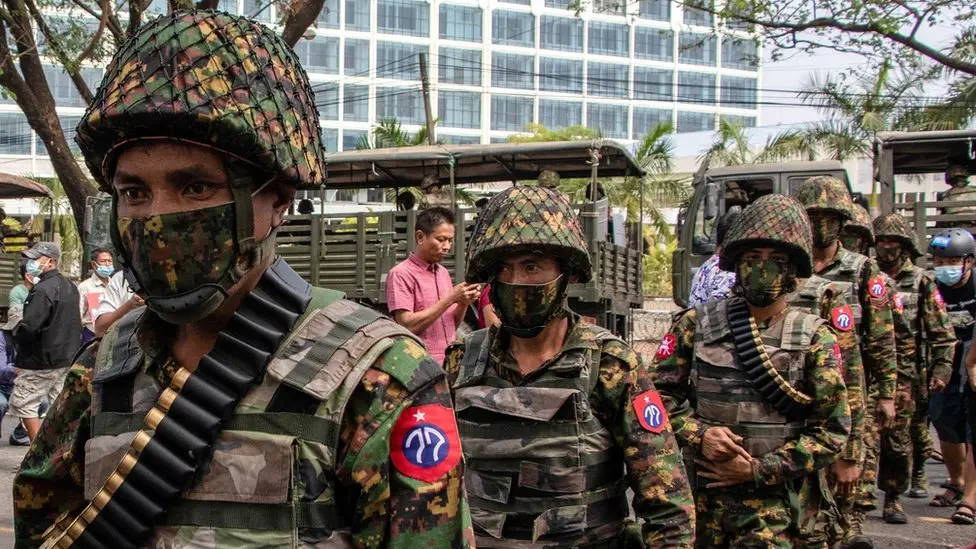
Tatmadaw Junta Against Rohingya
Before the 2015 elections, Myanmar had not held a truly democratic election for 25 years. The last democratic vote before that took place in 1990, when Aung San Suu Kyi’s NLD won in a landslide. However, the military refused to recognize the results and maintained control. When the National League for Democracy won again in 2020, the military intervened and seized power in a coup in February 2021, destroying the progress of democracy in Myanmar. Although the NLD was the elected civilian government, the Tatmadaw maintained power due to the 2008 constitution, which gave the military power over defence, home, and border affairs without interference from the NLD-led government. During this time, the Tatmadaw committed atrocities against the cultural minorities in Myanmar, most notably the Rohingya Muslims that comprised 1.4 million of the total population.
In 2017, the Tatmadaw led “clearance operations", which the military said was to “remove terrorist threats", but this was an excuse to commit mass killings against the Muslim minority in Myanmar. In August 2017, a terrorist group named the Arakan Rohingya Salvation Army (ARSA) killed 99 Buddhists and attacked police stations in an attack on a cluster of villages in rural Myanmar. These events led to the military announcing it aims to clear the ARSA out of Myanmar. However, this was just an excuse to attack the Rohingya population of Myanmar. Over 700,000 Rohingya fled into Bangladesh, and up to 43,000 Rohingya were killed by either the Tatmadaw or Buddhist nationalists in Myanmar.
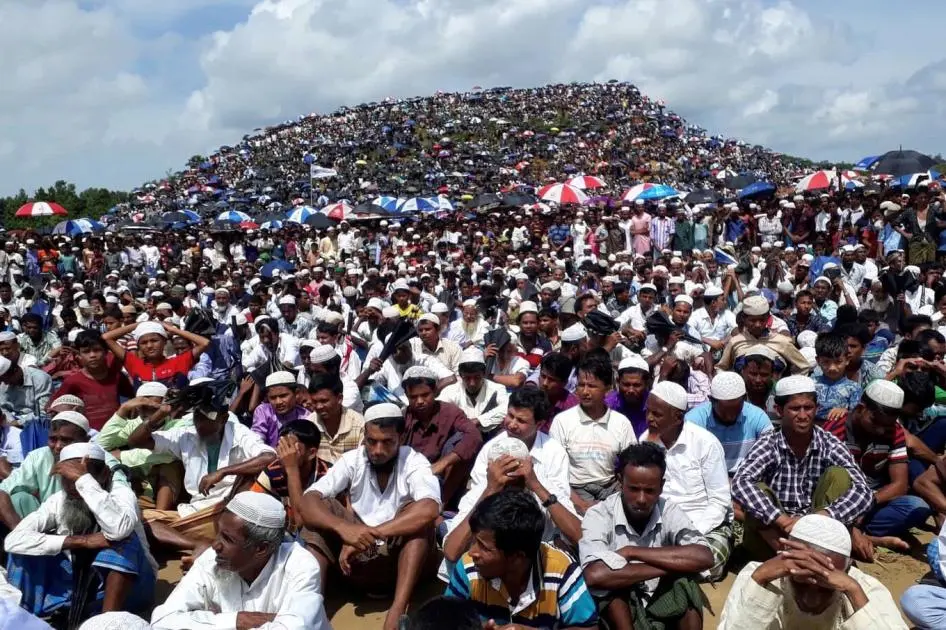
Junta Digital Tactics and Facebook Responsibility
Since 2011, Facebook has been Myanmar’s main social media platform. However, there was little moderation for Burmese posts. Facebook was reluctant to hire Burmese-speaking admins as they did not feel the posting in the language was substantial. This allowed widespread anti-Rohingya hate speech and violent rhetoric. Fabricated stories of Rohingya people committing acts of violence towards the majority Buddhist population were posted frequently, with no moderation. Military-affiliated accounts portrayed the Rohingya as “foreign invaders” who had no cultural place in Myanmar. Some posts even called people to take up arms against the Rohingya.
This spread of misinformation is what led to the Tatmadaw having little to no opposition to these “operations”. Many NLD officials didn’t speak out in either fear of repercussions or belief themselves. In December 2021, there was a class-action lawsuit filed against Facebook (now Meta) seeking over $150 billion in damages. Filed by Rohingya refugees, it alleges that Facebook facilitated the hate speech and misinformation that fuelled the violence. It also claims Facebook’s algorithms amplified anti-Rohingya content that the company failed to monitor. There has been no formal outcome yet to the lawsuit.
Following the 2021 coup, the Tatmadaw has continued to control the social media coverage of the fighting in the country. The Junta has now moved from inciting violence to censoring and monitoring online activity. This includes cases of internet blackouts, the arrests of digital activists, and surveillance of social media. Sai Zaw Thaike is a Burmese photojournalist who has been sentenced to 20 years in prison for his work with the independent publication Myanmar Now.
Under the Junta
The Tatmadaw holds strong Buddhist nationalist ideologies as well as oppressive tactics toward the general population of Myanmar. Multiple rebel forces have acted in the different regions of Myanmar for years against the Tatmadaw. The Karen National Liberation Army (KNLA) has been fighting for the autonomy and the rights of Karen people since the 1940s. The Kachin Independence Army (KIA) represents the Kachin ethnic group against the Tatmadaw. The Shan State Army has been fighting for the autonomy of the Shan State. The Arakan Army has gained recent prominence in fighting the Tatmadaw operations in the Rakhine State. Following the 2021 coup, the formation of the Peoples Defence Forces (PDF) is a loose coalition of various ethnic armed groups and civilians. Most conflict in Myanmar takes place in these aforementioned states, where Tatmadaw tries to oppress the people of these regions.
Since the Junta, the KIA and the KNLA have provided weaponry and training for the new PDF and assisted in operations against the Tatmadaw. After the coup, the National Unity Government (NUG) was created. The NUG is a shadow government composed of old NLD members. The NUG has helped coordinate the PDF with the other existing rebel forces in Myanmar. The NUG aims to overthrow the junta and establish a federal democratic system that recognizes the rights of ethnic minorities, which is something the NLD was criticised for not doing. However, the struggle against the junta continues, as the PDF and NUG are lacking in funds and resources.
The Tatmadaw is struggling on some fronts, especially against the Shan State Army. Although the Junta has significant resource advantages, it suffers with the people’s backing, especially against a coalition of resistance forces. It is unlikely that the Tatmadaw will make progress in controlling the entire country of Myanmar.
It is also unlikely of any chances of peace talks and negotiations in the near future. Considering the Junta’s history, the chances of them allowing these states to become independent are low, and the chances of the states giving in to the Tatmadaw rule are even lower.
Currently, most of the Rohingya refugees seek help in neighbouring Bangladesh around Cox’s Bazar. These camps make up the largest refugee camp in the world. Many Rohingya in Bangladesh are not free from prejudice, as the residents harbour anti-muslim sentiments. The Bangladesh government accepted them as refugees but has done little to support them.
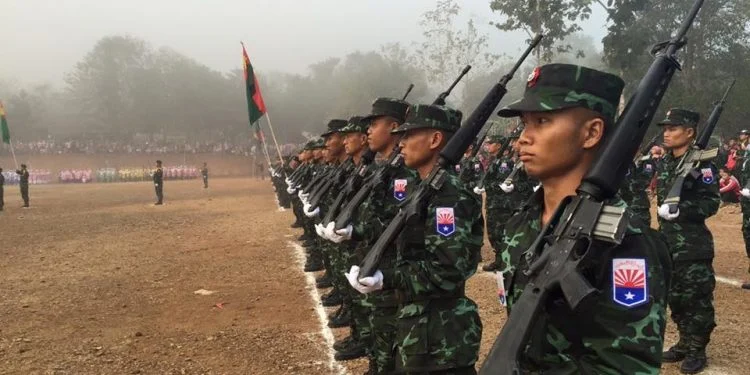




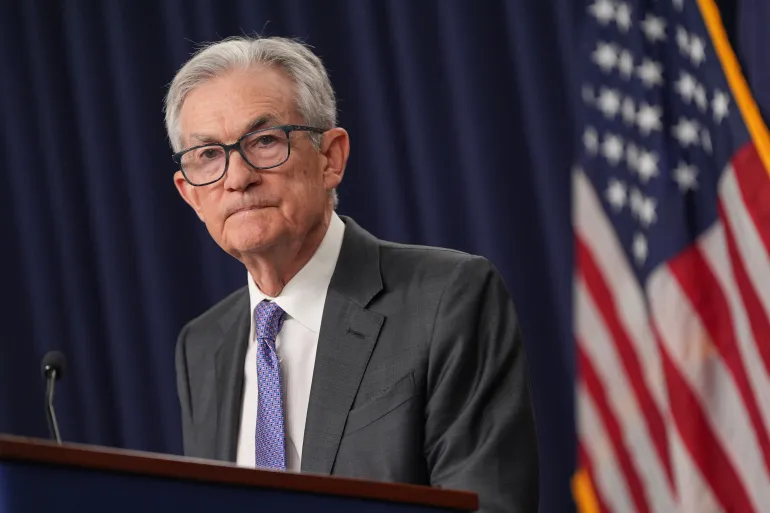

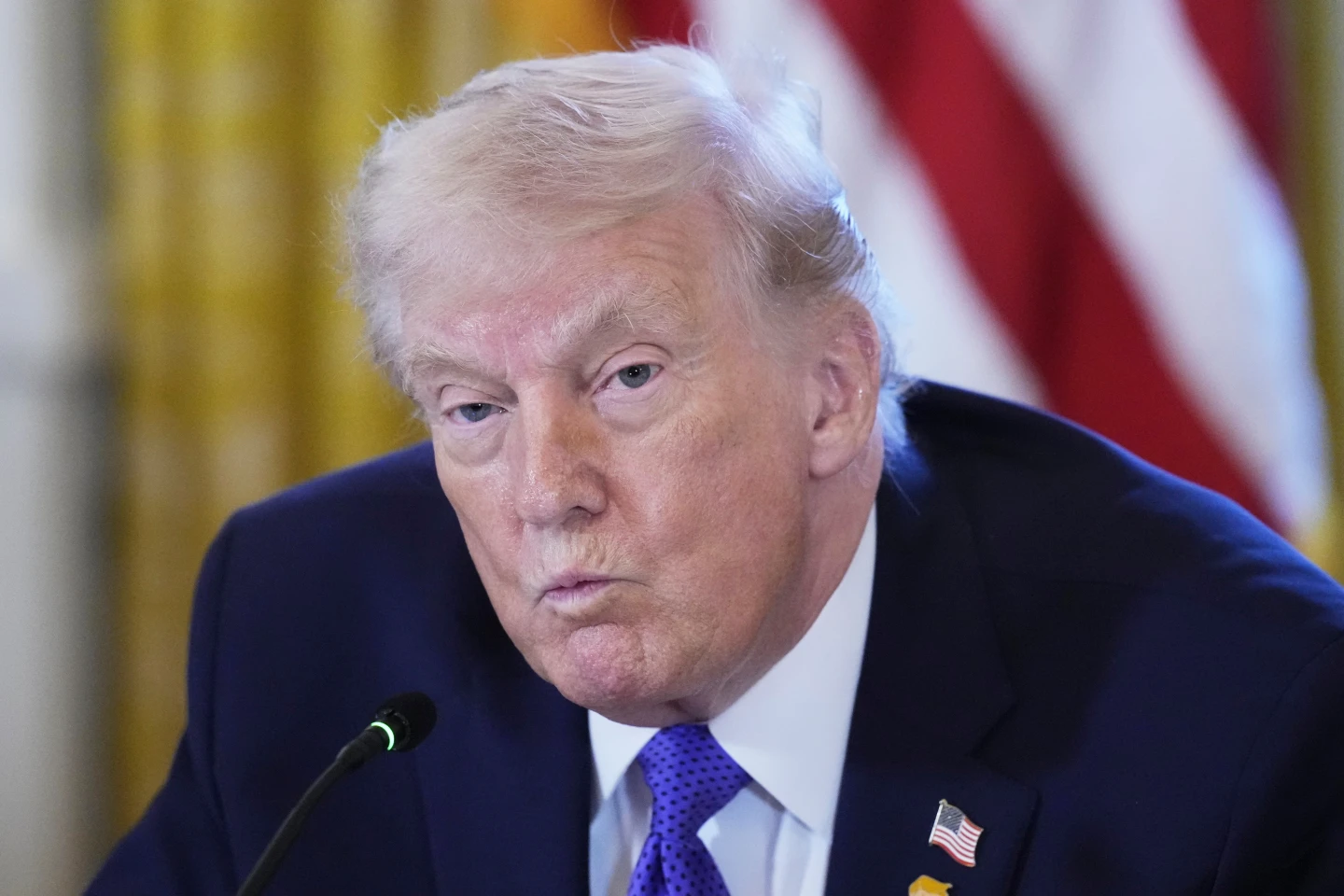
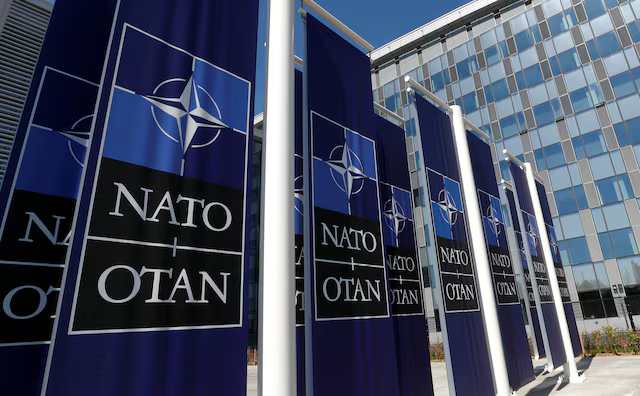
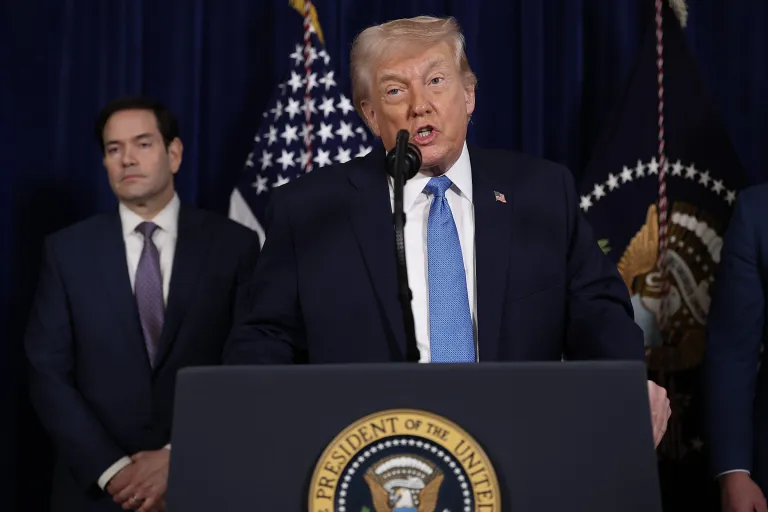
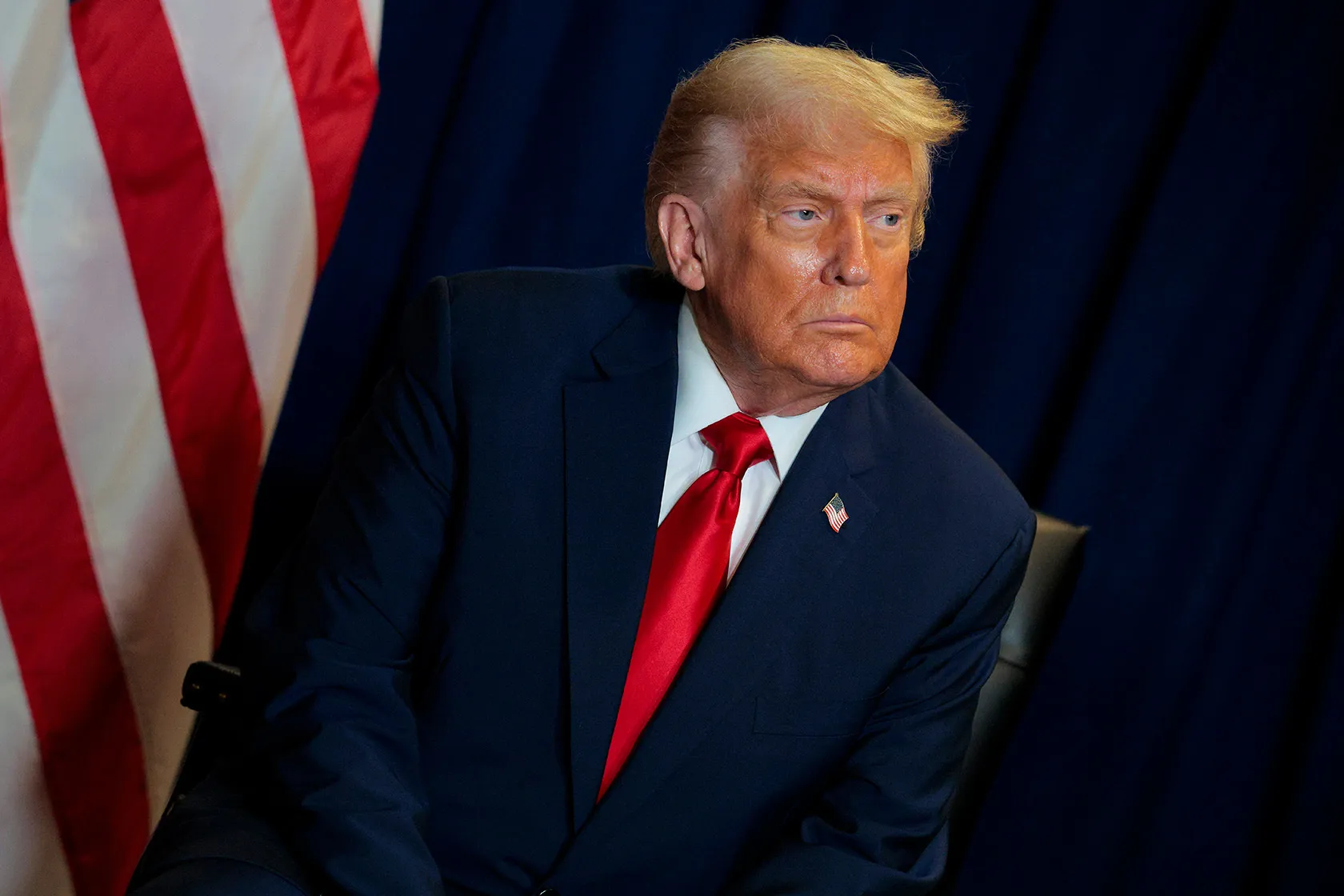
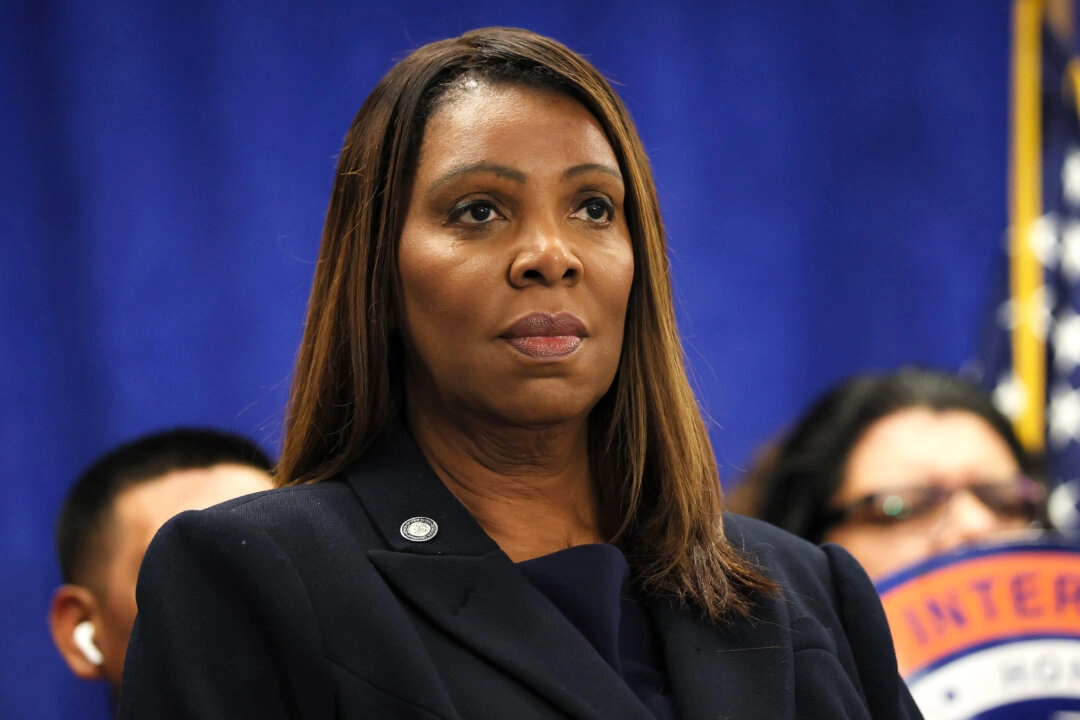
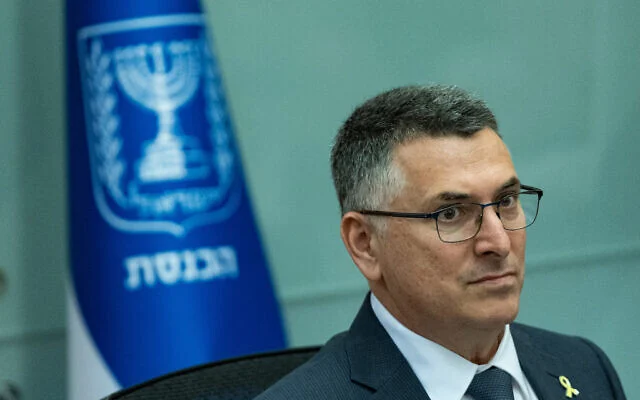
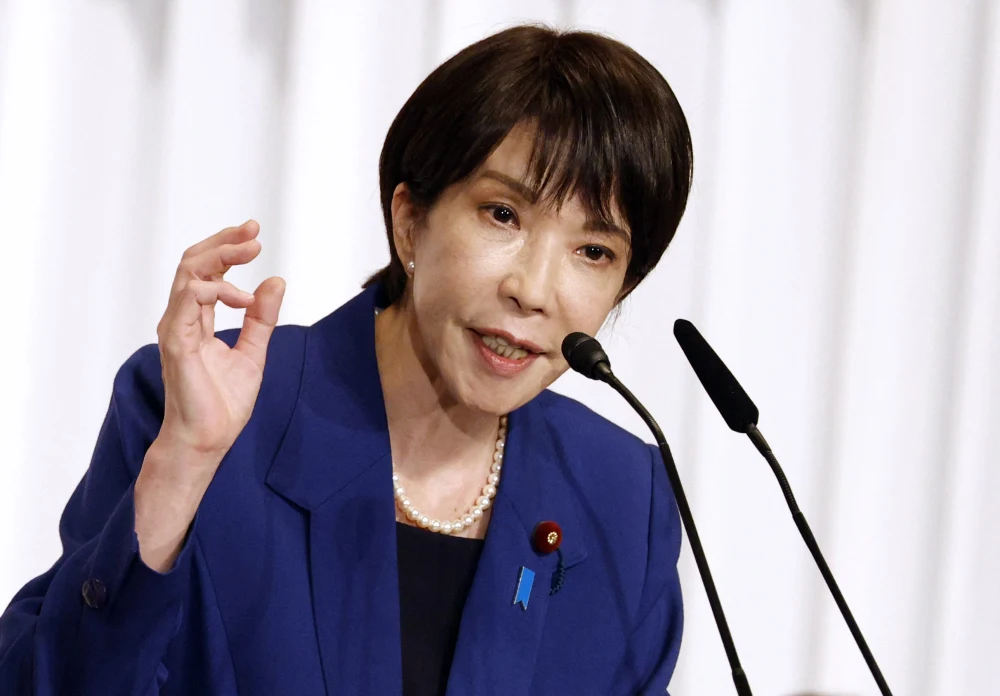
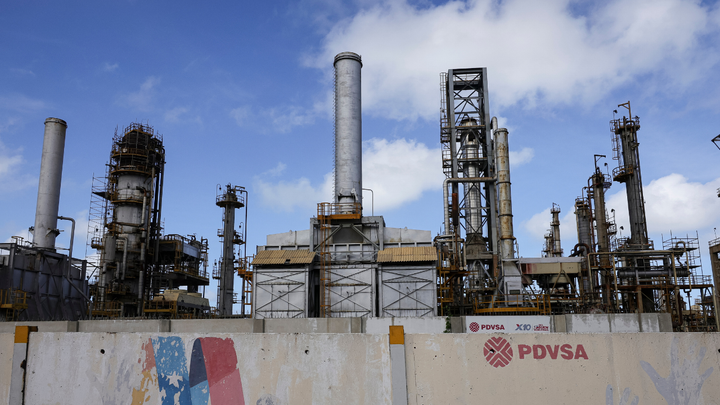
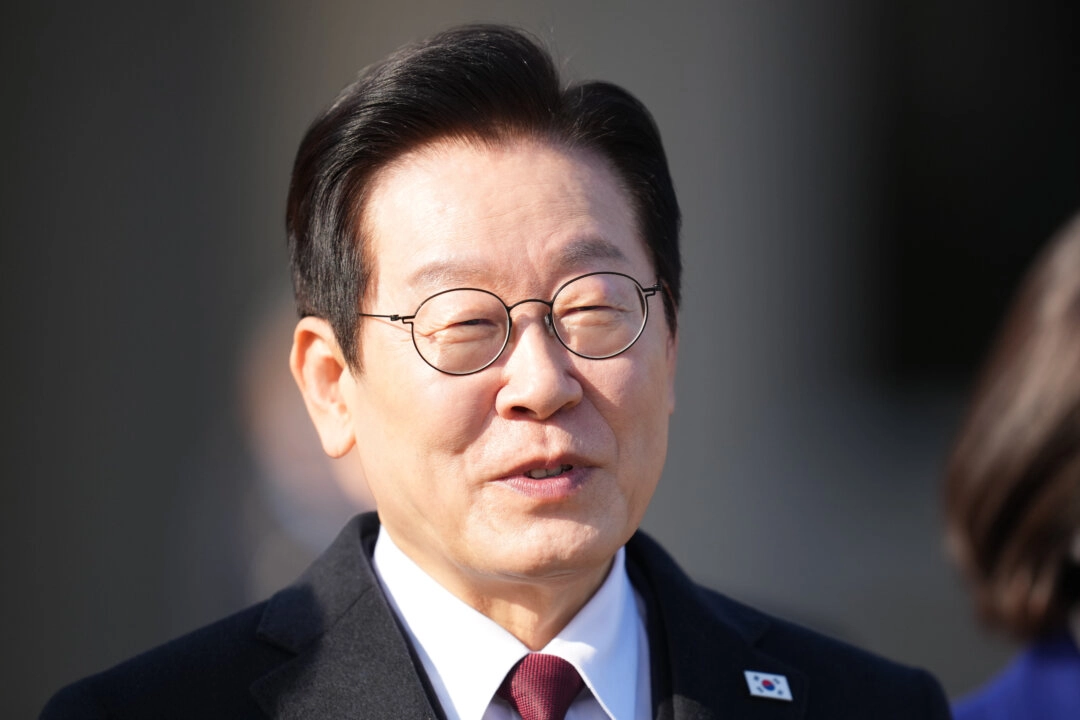
Discussion